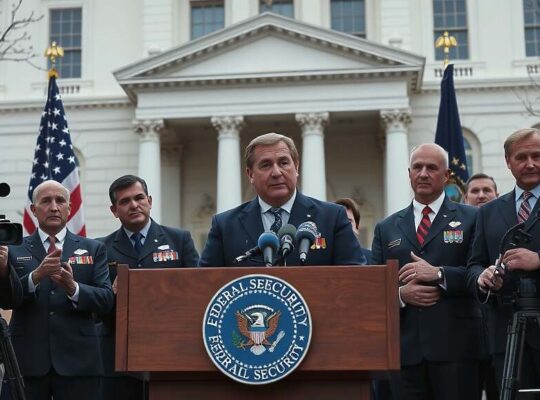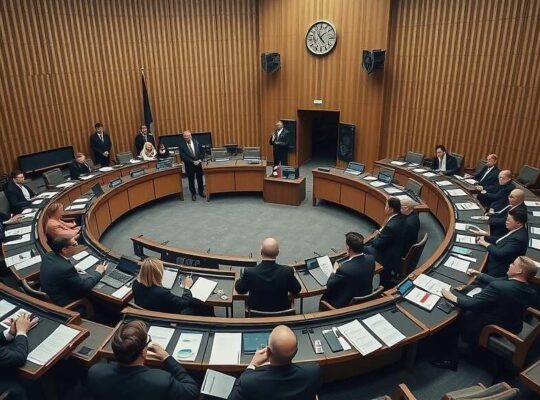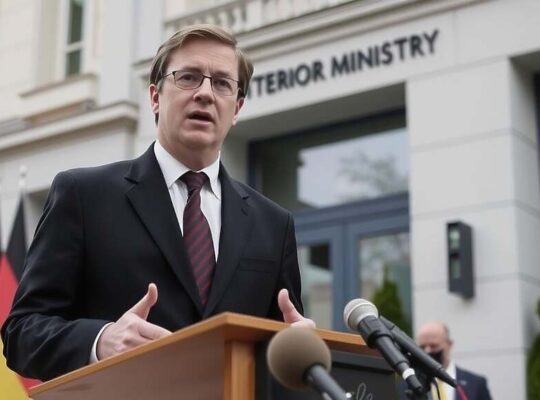Six months into their tenure, Germany’s governing coalition of the Christian Union (CDU/CSU) and the Social Democrats (SPD) are facing a stark assessment of their performance, according to a newly released “Elitepanel” survey commissioned by Capital and the Frankfurter Allgemeine Zeitung (FAZ). The survey, conducted among 500 top executives, politicians and officials, reveals a significant erosion of confidence in the coalition’s ability to steer the country forward.
Where optimism dominated at the coalition’s inception in early 2022, with an inverted ratio, now a resounding 64% of respondents express serious doubts about the coalition’s capacity to advance national progress, while only 33% retain faith in its agenda. This dramatic shift underscores a growing sense of policy stagnation and uncertainty amidst a complex domestic and global landscape.
The coalition’s economic policy has been singled out for particular criticism. A substantial 61% of respondents voiced dissatisfaction with the economic agenda of the Christian Union and SPD, compared to just 73% who express satisfaction. This dissatisfaction highlights growing concerns about the government’s handling of inflation, energy security and the broader economic fallout from international crises. The perceived weakness in addressing these challenges is further reflected in the finding that 61% believe the government is too weak, as opposed to 35% who view it as strong enough.
Chancellor Friedrich Merz (CDU) appears to be marginally distancing himself from the overall negative sentiment toward the coalition, with 56% attributing him with strength, though a considerable 30% disagree. This contrasts sharply with the performance of his predecessor, Olaf Scholz, who was deemed weak by a 70% margin as early as 2022. Among federal ministers, only Defense Minister Boris Pistorius, Interior Minister Alexander Dobrindt and Foreign Minister Johannes Wadephul have garnered reasonably strong levels of approval, while the rest, including Finance Minister Lars Klingbeil, are facing a significant shortfall in confidence.
Beyond domestic concerns, the survey reveals deep anxieties regarding the political and economic ramifications of Donald Trump’s potential return to the U.S. presidency. A striking 86% of respondents expressed alarm about the potential for Trump’s policies to inflict lasting damage to U.S. democracy. Furthermore, 73% believe Trump’s policies would more likely harm than benefit the U.S. economy. While the majority (61%) currently downplay the immediate impact of Trump’s tariffs and protectionist measures on German businesses, the underlying fear of disruption and policy instability remains palpable.
The survey, conducted between September 8th and September 30th, 2025, provides a critical snapshot of the fragile confidence surrounding Germany’s current leadership amid a confluence of global uncertainties and domestic policy disagreements.












